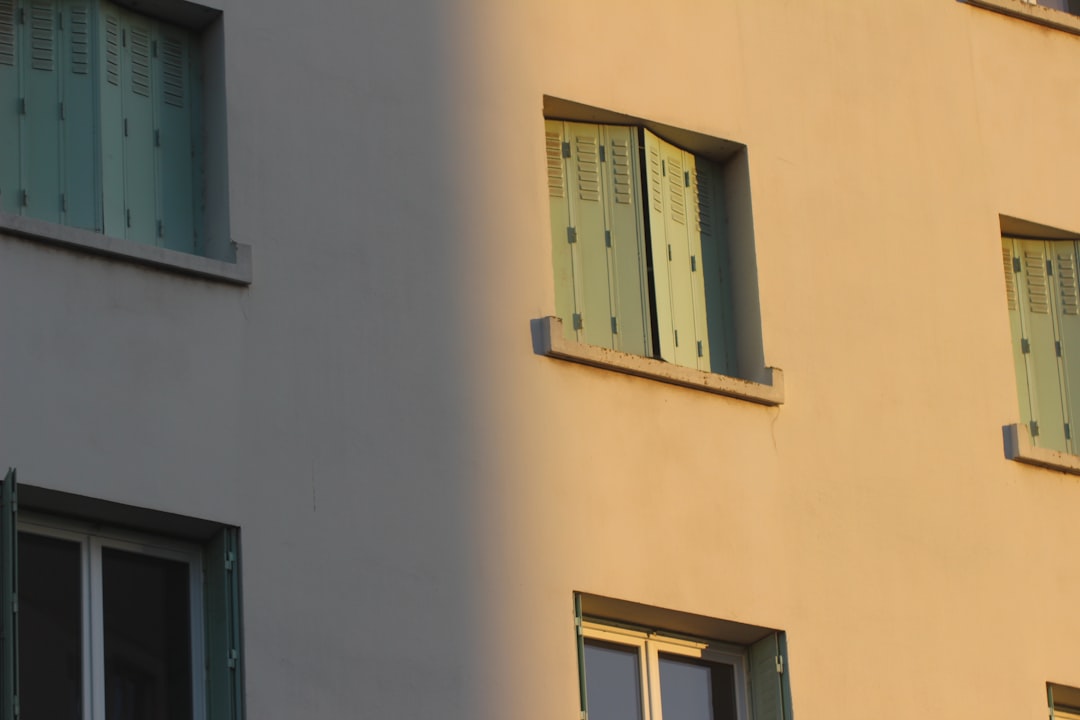
In San Francisco, screen doors face challenges from salty air, fog, and frequent use. Repair costs can range from $301–$436 depending on the type and extent of the repair. Understanding these costs and maintenance needs is crucial for trade professionals managing properties in the area.
• Corrosion from moisture affects metal frames and wood rails.
• Coastal winds stretch mesh and loosen spline cords.
• High traffic in multi-unit buildings leads to sagging hinges.
• Seismic activity can misalign door frames.
While DIY kits are available, professional repairs ensure longevity and compliance with manufacturer specifications. CountBricks offers AI-driven estimates and uses marine-grade hardware for durable solutions.
1. Initial Consultation – AI estimator provides a rough estimate.
2. On-Site Verification – Precise measurements using laser tools.
3. Material Sync – Real-time pricing from local suppliers.
4. Precision Repair – Frame adjustment and mesh installation.
5. Final Walk-Through – Ensure satisfaction and clean workspace.
• Door type: Sliding doors are generally more expensive to repair.
• Hardware upgrades: Enhance durability but increase costs.
• Structural adjustments: May require additional work.
• Finish matching: Important for maintaining aesthetic appeal.
• Basic mesh replacement: $301–$436
• Pet-resistant mesh upgrade: Add $45–$65
• Sliding door re-screen: $301–$436
• Frame and hardware replacement: $101–$818
• Fiberglass: Affordable and dent-resistant.
• Aluminum: Strong but susceptible to corrosion.
• Stainless-steel: Ideal for coastal areas.
• Solar mesh: Reduces UV exposure.
• Clean tracks regularly.
• Lubricate rollers with silicone spray.
• Inspect and re-seat spline annually.
• Tighten hinges after seismic events.
Our AI platform streamlines estimates and reduces lead times. Visit CountBricks.com for more information.
We recycle materials and offer eco-friendly options. Ask about our GreenBuild program.
For reliable screen door repair, contact us today. Visit CountBricks.com to schedule a consultation.

A historic building in Noe Valley required urgent screen door repairs. CountBricks provided a solution after DIY attempts failed, ensuring the preservation of the building's aesthetic and functionality.
• Misaligned door due to settling.
• Corrosion from salty air.
• HOA requirements for color matching.
1. AI-driven estimate for custom mesh upgrade.
2. Frame adjustment with minimal disruption.
3. Color-matched frame for HOA approval.
4. Improved airflow and pest control.
• Completed in four hours.
• 10-year warranty provided.
• Reduced maintenance issues reported.
• Verify door alignment before repairs.
• Stainless-steel mesh offers long-term savings.
• Document color codes for easy approvals.
For expert screen door repair, visit CountBricks.com to schedule a consultation.